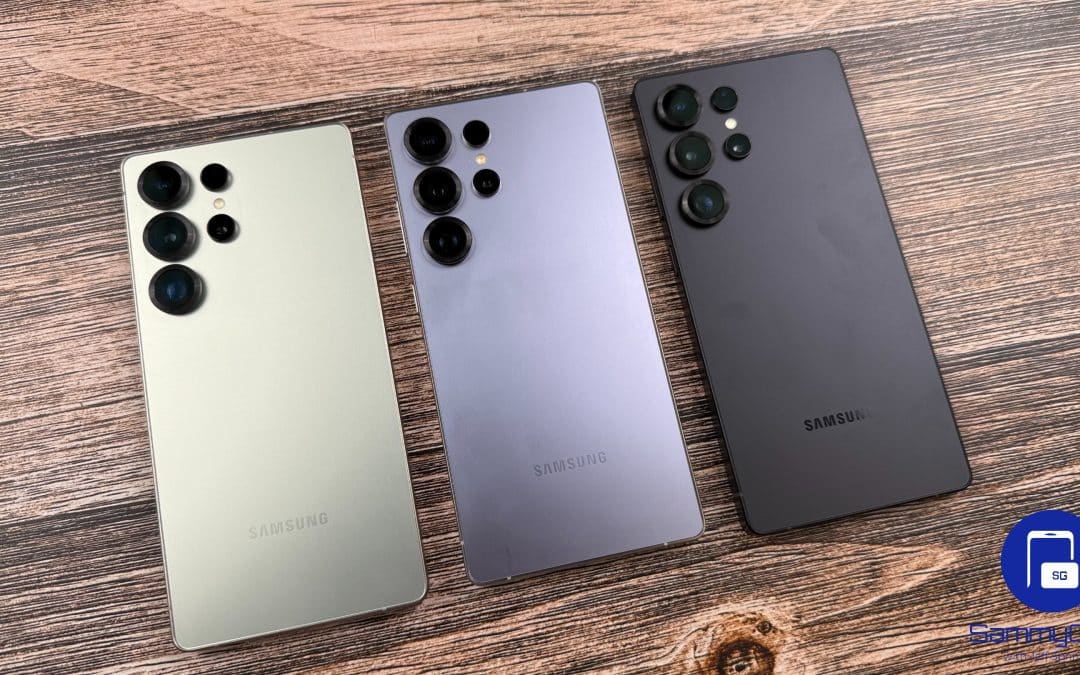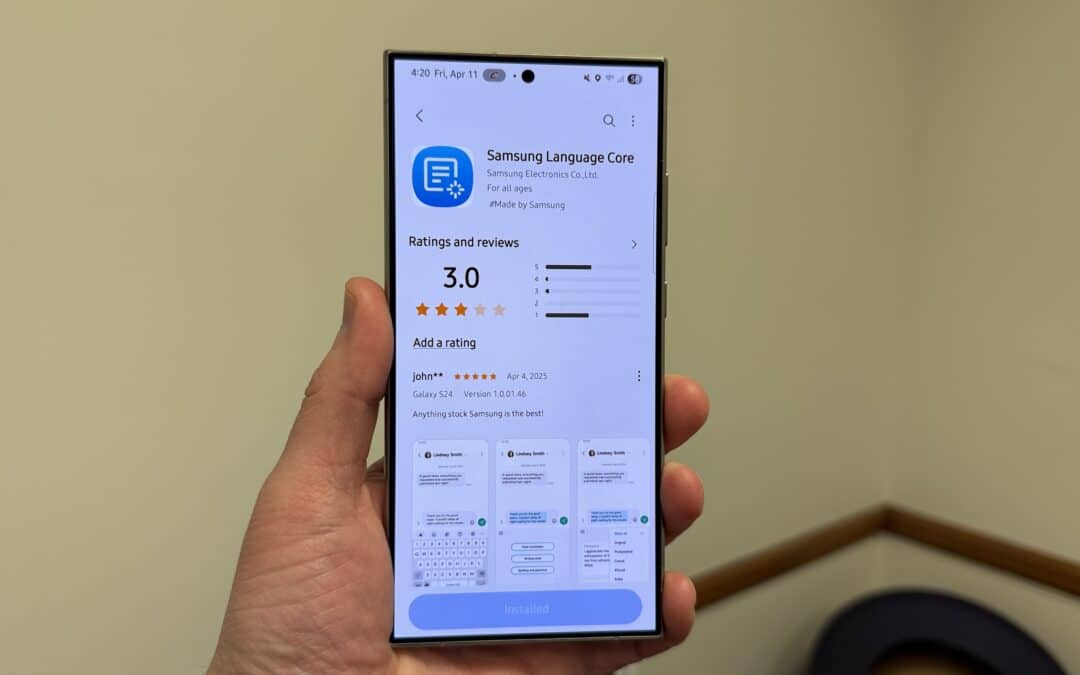Google recently suggested that Samsung might equip its Galaxy S25 phones with a MediaTek chip. In an official blog post, the company mentioned Dimensity processors being used in Galaxy flagships, though no current model has them. While Google later retracted the statement, calling it an “error,” this doesn’t definitively rule out the possibility of MediaTek powering the upcoming Samsung flagships — or confirm it either way.
Despite Google’s retraction, Galaxy S25 might still feature a MediaTek chip
In a blog post discussing AlphaChip, Google DeepMind said, “MediaTek, one of the top chip design companies in the world, extended AlphaChip to accelerate development of their most advanced chips — like the Dimensity Flagship 5G used in Samsung mobile phones — while improving power, performance and chip area.” Since no Galaxy flagship has yet used a Dimensity processor, the statement ignited rumors about the Galaxy S25.
However, when reached out for clarification, backtracked, claiming that the text was mistakenly added to the blog post. The firm removed the phrase “like the Dimensity Flagship 5G used in Samsung mobile phones”. Yet, this retraction raises further speculation. Instead of removing the entire statement, Google could have simply corrected “phones” to “tablets,” as the Galaxy Tab S10 series already uses the Dimensity 9300+ flagship SoC.
This suggests Google knows about Samsung’s plan to use MediaTek’s next-gen flagship processor in the Galaxy S25 series. It prematurely revealed the strategy and retracted after a media inquiry. Rumors suggest the base Galaxy S25 model will run the Dimensity 9400. However, it’s unclear if the MediaTek chip will feature globally on the device. Samsung could still use Qualcomm’s Snapdragon 8 Gen 4 in the US and select other regions.
The Snapdragon chip is almost certain to power the Galaxy S25 Ultra in some markets. Samsung also wants to use its in-house Exynos 2500 in the new phones. However, Korean media says the company is struggling with poor yields of its first 3nm smartphone processor. Only time will tell whether the Galaxy S25 series will adopt a single-chip solution globally, continue with a dual-chip strategy, or introduce a three-pronged chip approach.






